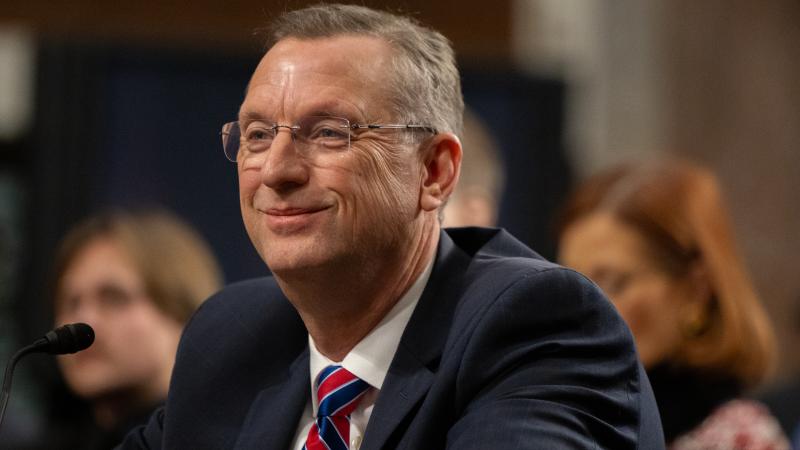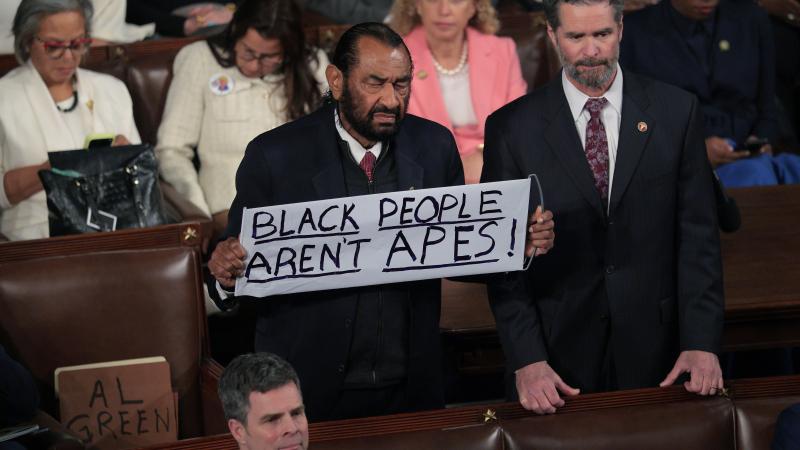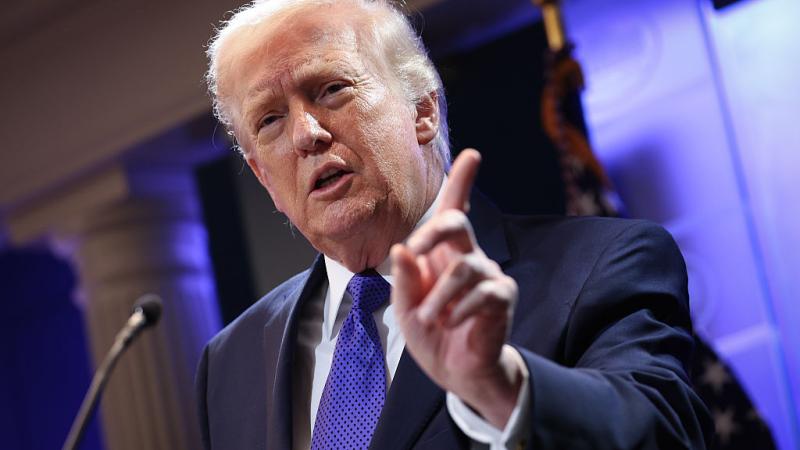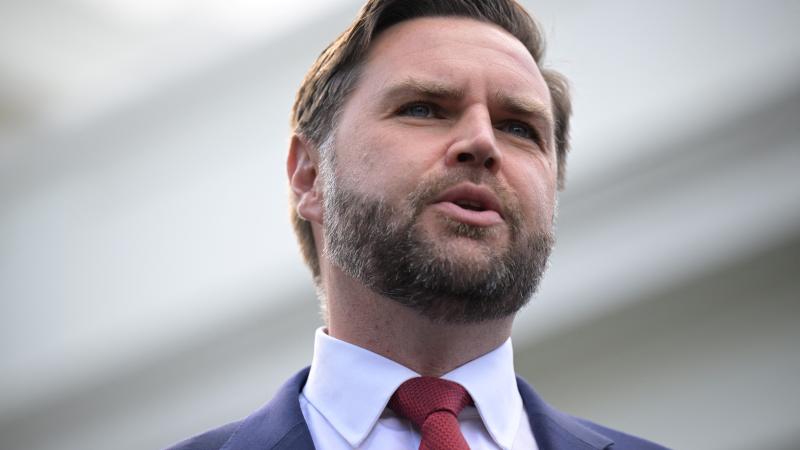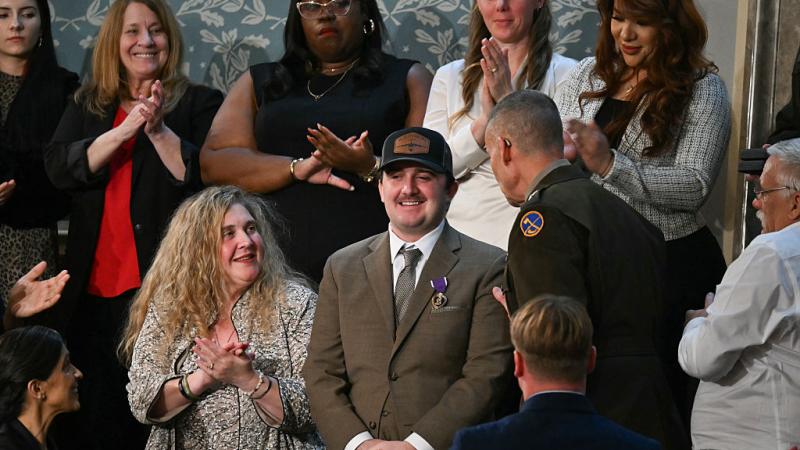Americans fear expanded IRS will use Inflation Reduction Act to audit taxpayers of modest means
Bill allocates $80 billion to the IRS over 10 years to hire 87,000 more employees, doubling agency's current size, with funds focused on stepping up enforcement of tax compliance.
Many Americans are expressing concerns that the Internal Revenue Service will use additional funding from the Inflation Reduction Act to audit average taxpayers, amid data showing that most Americans believe the agency is too bloated and political.
"Are we actually going after lower-income people or are we going after higher-income people?" one woman, Adrian, told FOX Business in an article published Tuesday. "My concern is that the lower-income people are losing out on this policy change."
The act, which Democrats approved in the Senate 51-50 on a party line vote Sunday and still needs to pass the House, would raise taxes on most Americans, according to an analysis by the Congressional Joint Committee on Taxation.
The legislation also allocates $80 billion to the IRS over 10 years. The funding is enough to allow the IRS to hire 87,000 more employees, more than doubling its current size, and most of the money is intended to help the IRS expand enforcement of tax compliance.
Mike, who has been previously audited, told Fox that he thinks the expansion means the IRS will "go after the small guy."
"I don't think they go after big companies," he said.
Others felt that the funding boost could be used differently.
"I guess in theory if they hire more people, then they will catch more people evading taxes," a man named Kofie said. "But definitely feel like the money could be allocated somewhere else, like infrastructure, education system, something like that."
Their concerns align with a Trafalgar Group survey released late last month, showing that 58.5% of Americans agree that federal bureaucracies such as the EPA, CDC and IRS have "grown too large and only serve their own political interests."
However, when broken down by political party, the results change dramatically. Just 16.3% of Democrats have a negative view of bureaucratic agencies compared to 89.9% of Republicans.
Most Democrats, 72.2%, said federal bureaucracies "serve the American public and are a useful and effective way to implement laws Congress passes" compared to 5.7% of Republicans who said the same.
Americans also have a negative view of the Inflation Reduction Act with 12% believing that it will actually reduce inflation.

